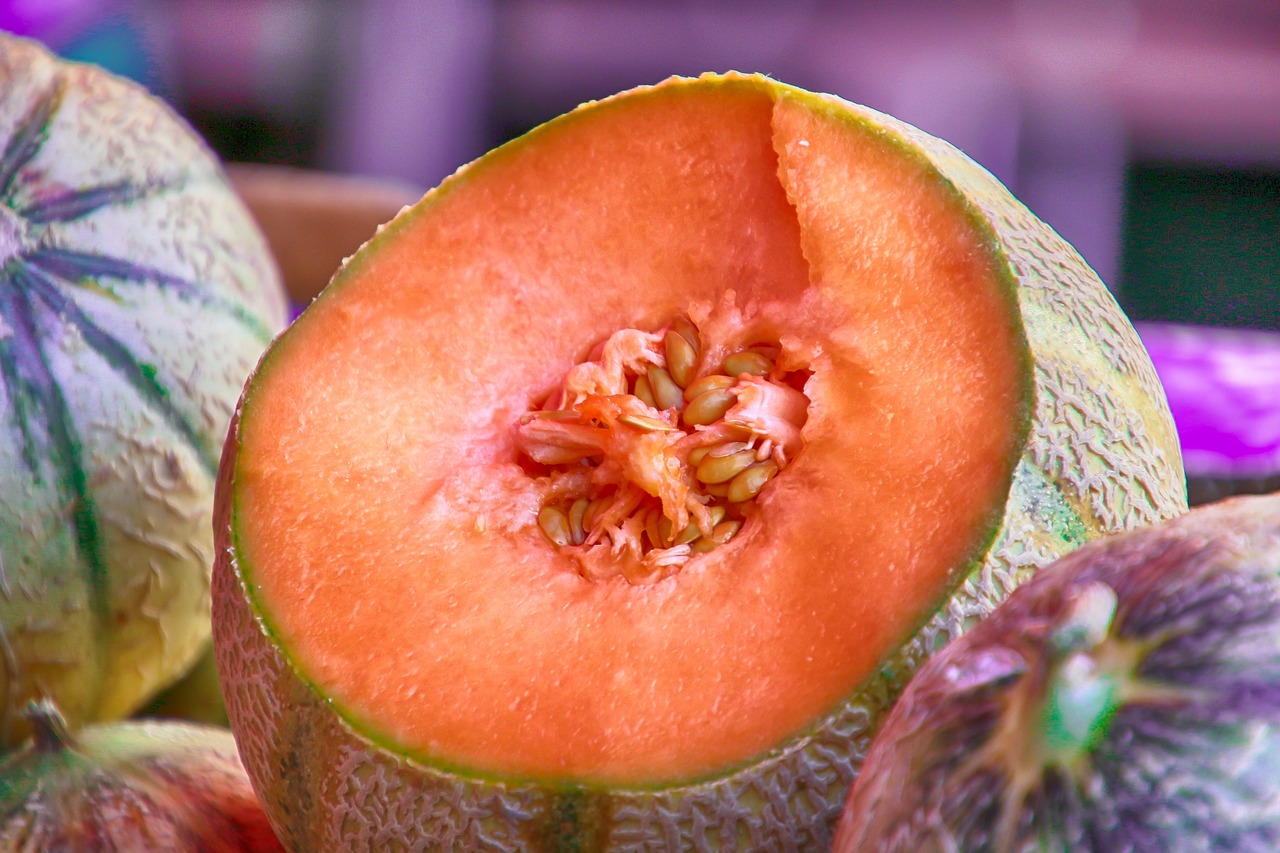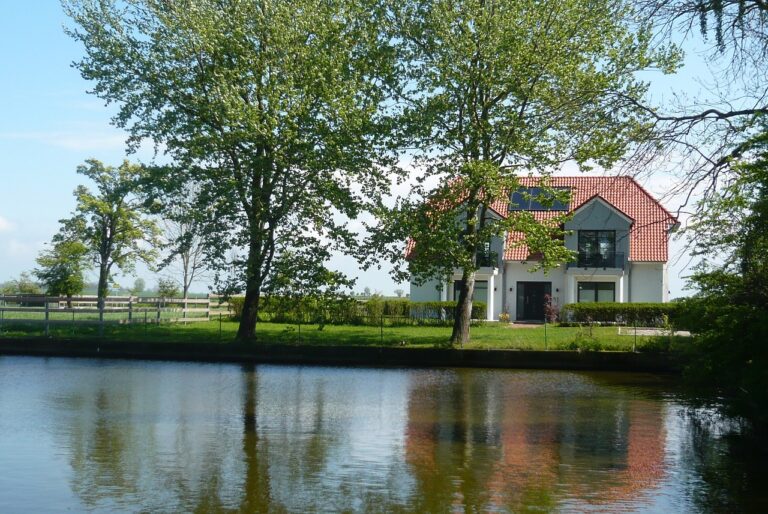Understanding the Benefits of Traditional Healing Approaches in Public Health
Traditional healing approaches have been a vital component of public health in many cultures around the world for centuries. These practices often involve holistic methods that focus on treating the individual as a whole, including their physical, mental, and spiritual well-being. Traditional healing approaches can encompass a wide range of techniques such as herbal remedies, acupuncture, massage therapy, and spiritual rituals that are believed to promote healing and restore balance within the body.
Incorporating traditional healing approaches into public health initiatives can offer a more comprehensive and inclusive approach to healthcare. By recognizing the value of these cultural practices, healthcare systems can provide more personalized and culturally relevant care to diverse populations. Furthermore, integrating traditional healing approaches into public health programs can help bridge the gap between Western medicine and traditional practices, creating a more cohesive and effective healthcare system for all individuals.
Benefits of Integrating Traditional Healing in Healthcare Systems
Integrating traditional healing practices into modern healthcare systems has been shown to offer a range of benefits. By incorporating these holistic approaches, healthcare providers can offer patients a more comprehensive and culturally relevant treatment plan. This can lead to increased patient satisfaction and adherence to treatment, ultimately improving health outcomes.
Moreover, integrating traditional healing into healthcare systems can help bridge the gap between Western medicine and indigenous knowledge. This integration can lead to a more inclusive and diverse healthcare approach that honors different cultural beliefs and practices. Additionally, traditional healing methods often focus on prevention and holistic well-being, complementing the more reactive approach of Western medicine.
Cultural Relevance of Traditional Healing Practices in Public Health
Traditional healing practices hold significant cultural relevance in public health initiatives. These age-old methods are deeply rooted in the traditions and beliefs of communities, shaping their understanding of health and well-being. By incorporating traditional healing into healthcare systems, it not only addresses physical ailments but also considers the spiritual and emotional aspects of an individual’s health. This holistic approach resonates with many individuals, especially those from diverse cultural backgrounds who place importance on traditional healing methods passed down through generations.
Moreover, the accessibility and affordability of traditional healing practices make them a viable option for many individuals who may not have easy access to modern healthcare services. In many communities, traditional healers are respected figures who play a crucial role in promoting health and wellness. Their knowledge of local plants, herbs, and remedies provides valuable insights into treating various health conditions. By recognizing and integrating these traditional healing practices into public health strategies, there is an opportunity to bridge the gap between modern medicine and culturally sensitive care, ultimately improving health outcomes for diverse populations.
What are traditional healing approaches in public health?
Traditional healing approaches in public health refer to the use of traditional or indigenous healing practices, such as herbal medicine, spiritual ceremonies, and traditional rituals, to promote health and well-being.
What are the benefits of integrating traditional healing in healthcare systems?
Integrating traditional healing in healthcare systems can lead to improved cultural competence, increased patient satisfaction, better health outcomes, and increased access to healthcare for marginalized communities.
How culturally relevant are traditional healing practices in public health?
Traditional healing practices are highly culturally relevant as they are deeply rooted in the cultural beliefs and traditions of communities. By incorporating these practices into public health initiatives, it can help bridge the gap between Western healthcare systems and indigenous cultures.
Are traditional healing practices effective in improving health outcomes?
While the effectiveness of traditional healing practices may vary, many studies have shown positive results in improving health outcomes, particularly in areas where Western medicine may not be readily available or culturally accepted. It is important to integrate these practices in a respectful and informed manner.







